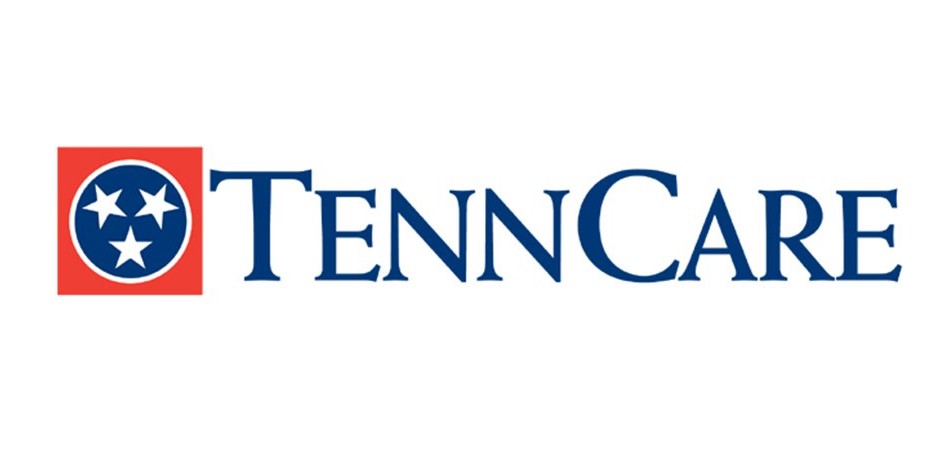New Ideas from the Volunteer State

Medicaid has been busting state budgets for decades, and there is not end in sight. The authors of the Affordable Care Act actually bragged about putting more people on the welfare program, with some pols and wonks even claiming the expansion was an economic good.
That is absurd on its face, as it still represents more money moving from a productive private sector to a bureaucratic Syndrome X. Everyone agrees that there needs to be a safety net for medical care, and we’ve got a half-century of data that demonstrates how NOT to do it.
So it’s nice to see an interesting state-level proposal that may increase efficiency in this program. Physician and U.S. Rep. Mark Green of Tennessee compares his idea to giving food stamp recipients an EBT card, which allows them to purchase their choices with a swipe. My initial reaction was to see red, because I think the EBT system for welfare food has been a disaster and an insult to productive citizens who have to pay for their own (as well as others).
But, wait, Green’s plan may have some merit. His TennCare Opt Out plan would work by “giving Medicaid recipients a “swipe card” with dollars on it designated for medical purchases. What is not spent from the card is returned to the holder at year’s end in the form of an Earned Income Tax Credit. Coupled with a catastrophic insurance plan, this ensures Medicaid recipients a safety net while at the same time introducing competition into the healthcare market that will improve the quality of care and drive down costs.” Okay, I’m listening.
“Under the pilot program, Green says doctors are paid immediately rather than having to file a claim and wait several months for payment. ‘So there’s an incentive on the doctor to take these patients, which will cause competition and lower price.’”
We should applaud an attempt to insert any innovation into the sclerosis of government medicine, and I hope this succeeds. Here is why I think it won’t:
1) The federal government has a long, infuriating history of meddling in a program that should never have been any of its business. This opt out will require a waiver from the feds, and the usual bureaucrats and lobbyists who all accrue money and power from central meddling aren’t likely to cede any control without a fight. And speaking of the usual suspects…
2) The doctors are paid immediately without having to file a claim? Do we really believe that state Medicaid officials will allow private physicians to see their “clients” without proof of “quality,” price controls, government-certified clinics, or proof of MOC currency? Do we really think the state will allow a Medicaid patient to just swipe their card at a DPC office with no strings attached? Not a chance.
3) There is no requirement for the Medicaid patient to avoid emergency rooms for non-emergent, routine problems. The author of this program believes that the plan will make beneficiaries more cost-conscious, but I don’t think it will. EMTALA guarantees that they can always waltz into their local ER for “free” care if they don’t feel like waiting to be seen in a local clinic. I don’t see the promise of some year’s-end tax credit changing this mentality.
I give Dr. Green credit for taking on the challenge of reducing a glop-heap mess of a program whose slightest reform will bring screams of “unfairness” and “cruelty” from self-serving politicians, handwringing groups like Families, USA, and an ostentatiously compassionate media. Here’s hoping it gets far enough to yield some positive results.








